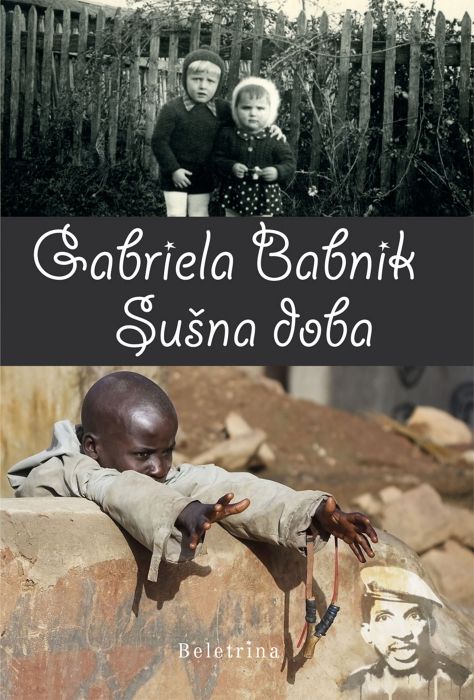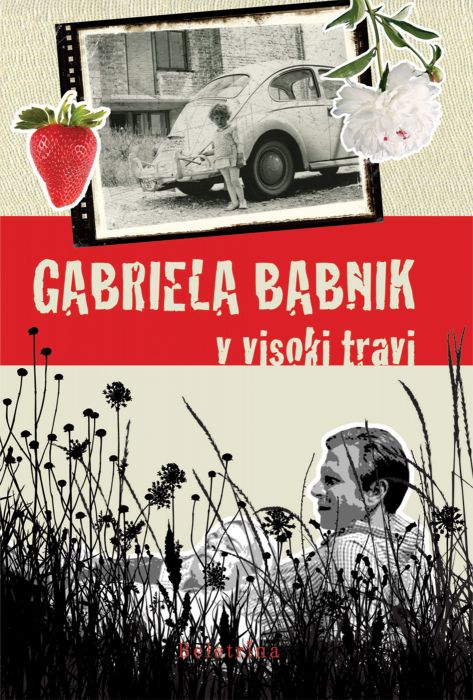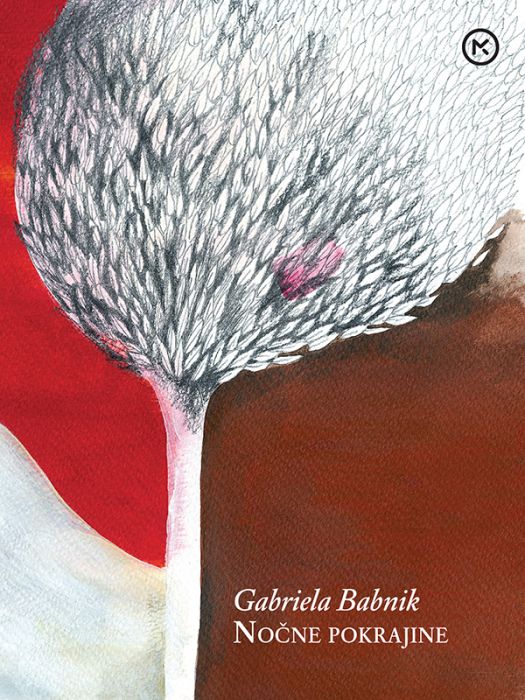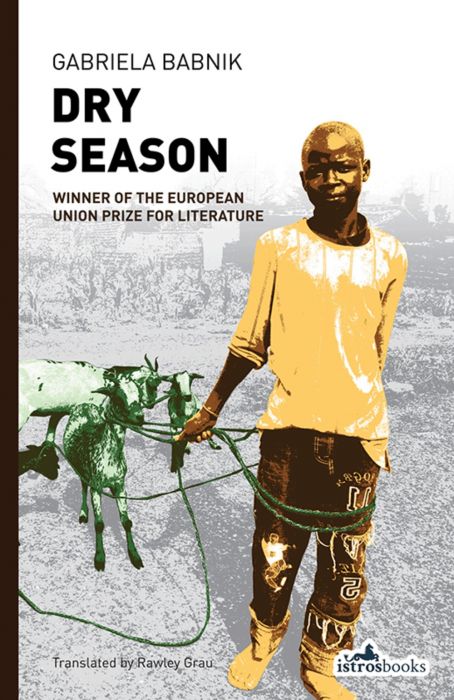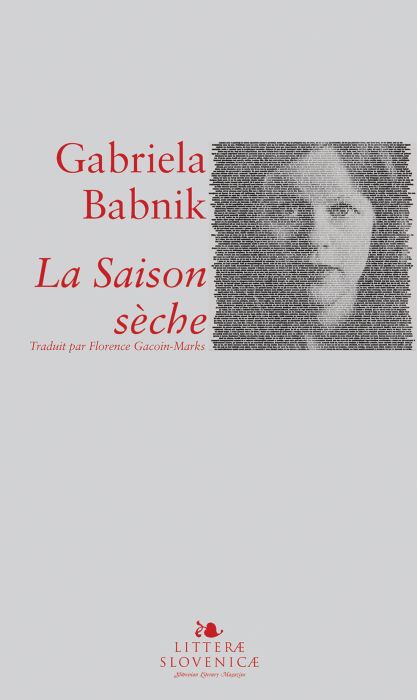Gabriela Babnik : La Saison sèche
Podrobnosti knjige
Sodobni romani (20. in 21. st.)
La Saison sèche Gabriela BabnikAna is a sixty-two-year-old designer from a Central European milieu and Ismail is a twenty-seven-year old African brought up on the streets, suffering much abuse. What brings them together is the lonesomeness of their bodies, a shared experience of tragic childhood, and especially the time of the Harmattan, the wilting season when nature and love will not bloom. Soon enough Ana realizes that the empty spaces between them do not arise solely as a consequence of differences in skin colour and age, but specifically from her belonging to the Western civilization where she has cast aside, lost, all the preordained roles – daughter, wife, mother. Sex does not overpower the solitude, grim repressions of the past seep into this world, too, though it may appear stable and innocent.
| Lastnost | Vrednost |
|---|---|
| Založba | Društvo slovenskih pisateljev |
| Zbirka | Litterae Slovenicae |
| Prevod | Florence Gacoin-Marks |
| Spremna beseda | Ranka Primorac |
| Leto izdaje | 2017 |
| Strani | 670 |
| Jezik | francoski |
| Tip datoteke | epub |
| ISBN | 9789616995276 |
Izvodov na voljo:
- Prost
- Prost
- Prost
-
Zaseden
Še 3 dni 35 min in 6 sekund
Dolg opis
"Sušna doba" (Dry Season) subverts the storytelling substance of Philip Roth, delving into the subject of an African male living in the West and the social conventions of female creativity, in part through the perspectives of an aging artist and her young black lover. She, a sixty-two-year-old designer from a Central European milieu, he, a twenty-seven-year old African brought up on the streets, suffering much abuse. What brings them together is the lonesomeness of their bodies, a shared experience of tragic childhood, and especially the time of the Harmattan, the wilting season when nature and love will not bloom. Soon enough the artist realizes that the empty spaces between them do not arise solely as a consequence of differences in skin colour and age, but specifically from her belonging to the Western civilization where she has cast aside, lost, all the preordained roles – daughter, wife, mother. Sex does not overpower the solitude, grim repressions of the past seep into this world, too, though it may appear stable and innocent. The novel shimmers with magic realism and fragments of African political reality, with a special bow to one of the key figures of African cinematography: Senegalese film director Djibril Diop Mambéty.
Povezane knjige




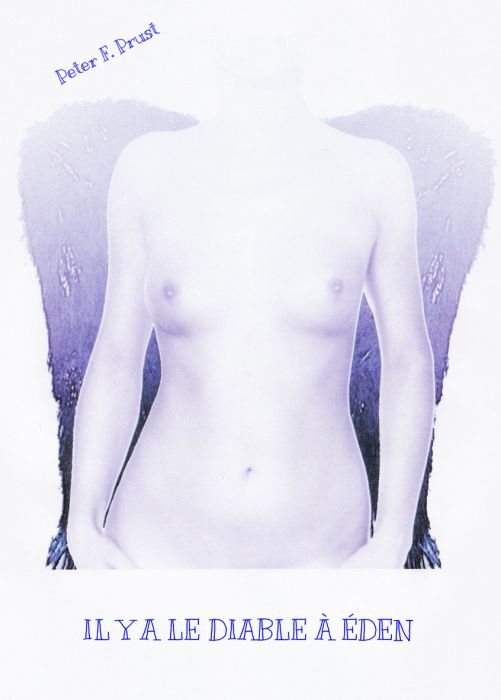
Druge knjige avtorja
